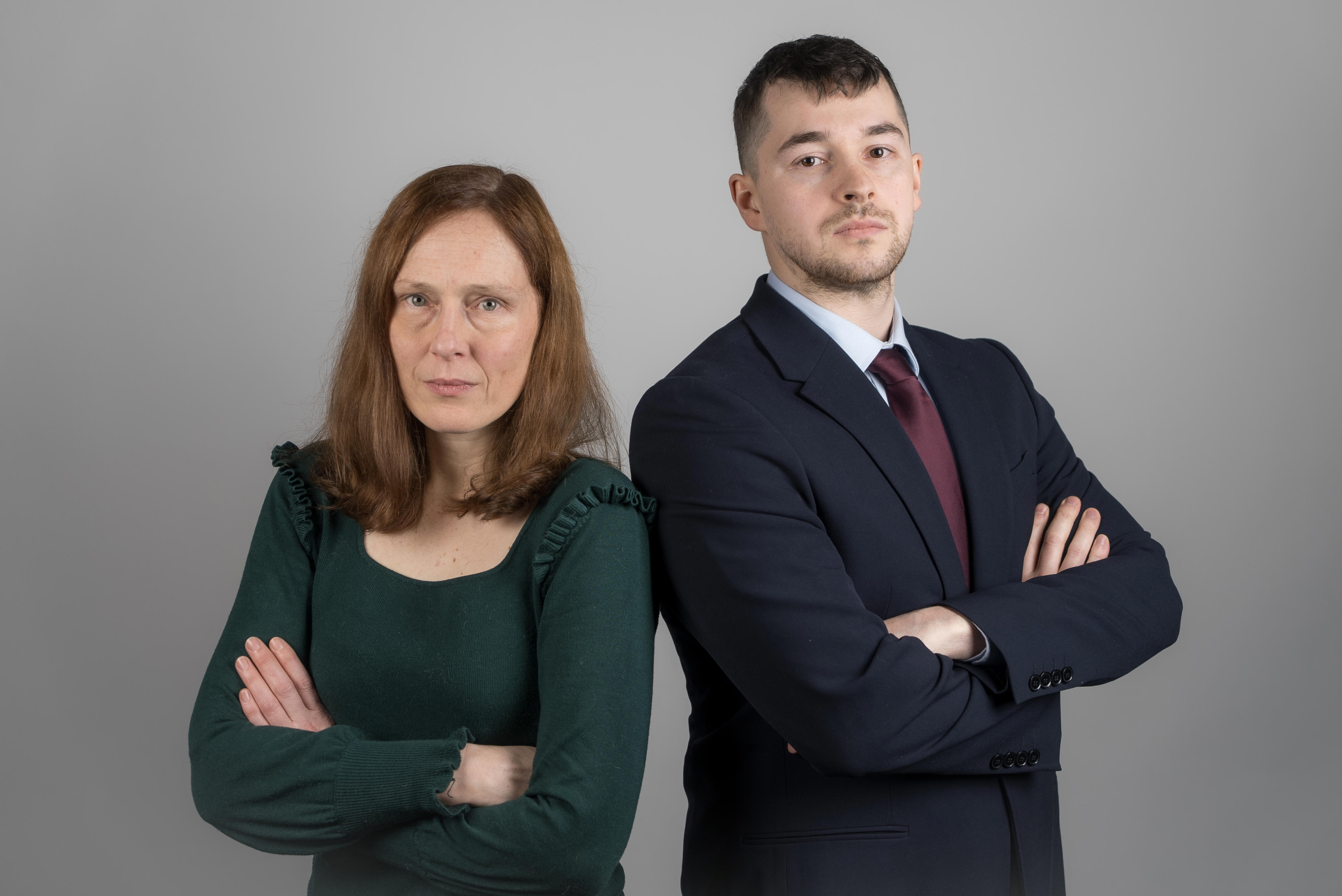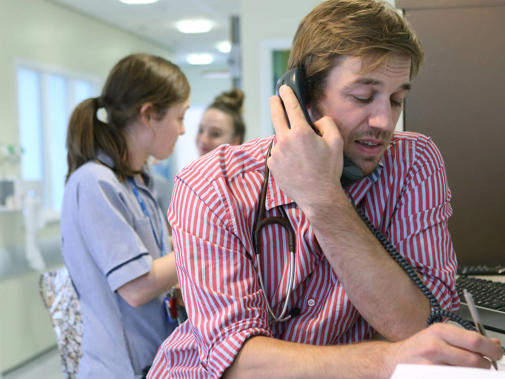The BMA has agreed a deal with Government to ensure resident doctors are paid for the additional hours they work.
Changes to make the exception reporting system easier to use and less time consuming will be rolled out across NHS hospitals by February 2026.
Reform to exception reporting, the process resident doctors use to record their working hours, identify unsafe staffing levels and protect patients was part of the 2024 pay deal, with delivery having been expected in early 2025.
But ‘intense negotiations’ on the details took many months, with delays leading the BMA resident doctors committee to go into a formal dispute with the Government on the issue.
A framework had been agreed, which was due to come into effect earlier this month (12 September) but discussions were paused last month.
Data markers
As well as guaranteeing doctors be paid for the overtime they work, the measures are expected to provide data to hospital trusts to help improve staffing levels and make conditions safer for patients.
Aspects of the new system, now due to be rolled out by February 2026, include:
– Exception reports to be signed off by hospital administrators, freeing up senior doctors’ time
– Rolling fines for employers who fail to provide appropriate systems
– All resident doctors must receive their choice of either payment or time off in lieu for all time worked above contracted hours
– Doctors’ clinical judgement around working additional hours will be respected.
While it has taken more than a year to agree terms, the RDC co-chairs, Melissa Ryan and Ross Nieuwoudt, said it was ‘a good day for both doctors and patients’.
They said: ‘At the moment too many doctors are not reporting their overtime, not pointing out where they are missing out on training, not raising the alarm over staffing shortages, because they don’t trust the system will record it. We’re putting in place a system that gives them that confidence.
‘That doesn’t only mean doctors will now get paid the money they have fairly earned. It also means hospitals will be able to see the flaws in rotas, patient safety concerns and inefficiencies that are weighing down our NHS.
‘This is exactly the sort of reform the Government should have been champing at the bit to make: a safety-critical system that was creaking at the seams because employees could barely use it will be replaced by something responsive, smart and fair.’
 RYAN AND NIEUWOUDT: Also in talks about pay restoration
RYAN AND NIEUWOUDT: Also in talks about pay restoration
Yet Drs Ryan and Nieuwoudt warned the length of time it has taken to reach agreement makes them wary of accepting non-pay elements as planks of the continuing negotiations on pay.
‘What worries us is that it has taken so long for them to make these changes so clearly in everyone’s interest,’ they added.
‘We are currently also in talks over pay restoration. Mr Streeting has expressed willingness to address non-pay items as a substitute for pay. But if it takes this long to make even the most obvious reform to doctors’ working lives, how are those doctors meant to have faith that any of those proposed reforms will see the light of day even if they are put forward in the talks?
‘We repeat that the simplest way to address doctors’ problems is to restore pay and hope that Government will make a similar conclusion from this process.’
Wes Streeting, secretary of state for health and social care, said: 'After a 28.9 per cent pay rise over three years, resident doctors will now also see a much-improved system for the way they report additional hours worked.
'This shows that when there’s constructive dialogue between the Government, the BMA and the NHS, real progress can be made to improve resident doctors' working lives, without the need for strike action.
'I am determined to continue this momentum as we work together to rebuild the health service and avoid further needless disruption to patients.'

